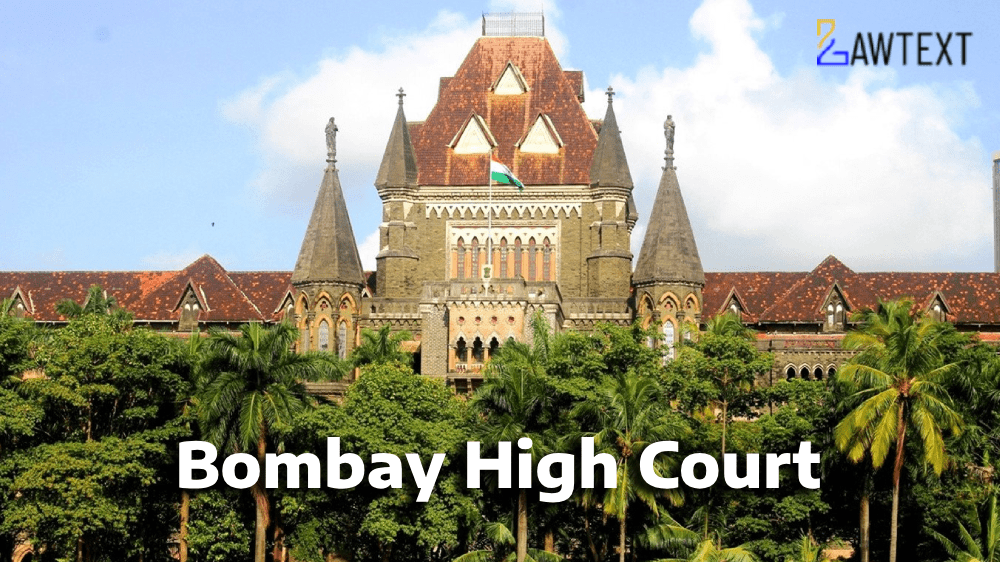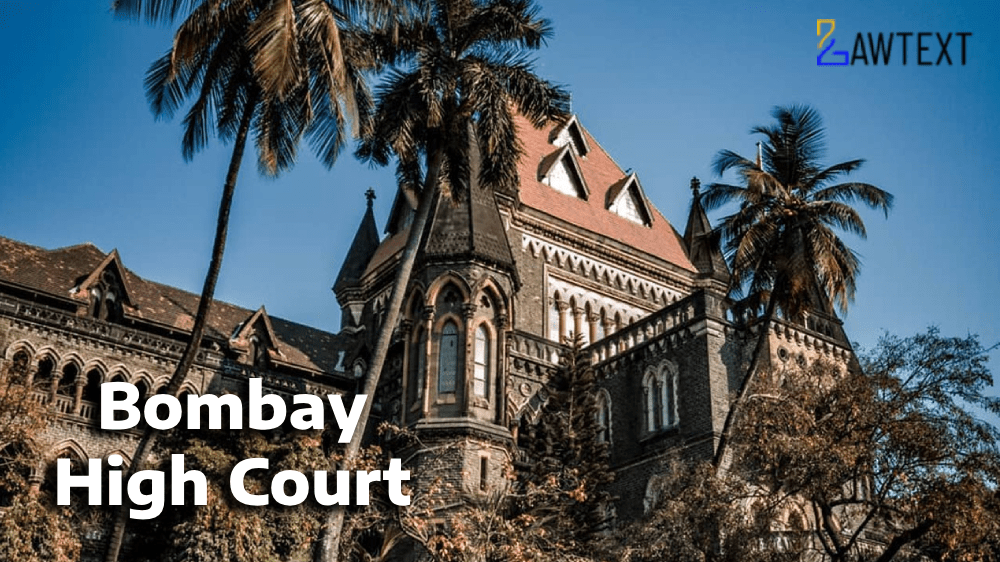Case Note & Summary
The High Court in this Writ Petition addressed the legality of an order by the trial Court that sent an unregistered partition deed to the Collector of Stamps for assessing stamp duty and penalty. The Court ruled in favor of the petitioner, Defendant No.1, and determined that the document did not require registration or impounding as a precondition for evidence. It reversed the lower court's order and ordered a refund for any penalties already paid.
1. Issue of the Petition (Para 1): Issue: Whether the trial Court was justified in sending an unregistered partition deed to the Collector of Stamps for payment of stamp duty and penalty. 2. Background (Paras 2–4): Context: Regular Civil Suit No. 105 of 2014 filed for partition and declaration on sale deed non-binding on plaintiffs. Arguments: Petitioner (Defendant No.1) claims an earlier family arrangement granting exclusive ownership of disputed land, which plaintiffs challenge by amendment. Impounding Order: Trial Court sent the unregistered deed to the Collector for stamp duty assessment, invoking insufficient stamping. 3. Challenge in Writ Petition (Para 5): Petition Against Order: The trial Court’s decision and Collector’s order on stamp and penalty were challenged in the Writ Petition. 4. Objection to Petition Maintainability (Para 6): Argument on Jurisdiction: Objections to maintainability were overruled as the civil court’s order on impounding was central to the dispute, making the writ petition appropriate. 5. Nature of Document - Partition vs. Release Deed (Paras 7–9): Classification: Discussion on whether the document was a "Release Deed" or a “Partition by Family Arrangement.” The Court concluded it is a "Partition" and not subject to registration under Article 46 of the Maharashtra Stamp Act. 6. Reasoning by Trial Court (Paras 10–11): Trial Court’s Interpretation: Trial Court’s rationale on impounding for insufficient stamping was based on a misunderstanding of registration requirements. Legal Precedents: Referenced judgments clarifying that partition documents in family arrangements need no registration. 7. Judgments Referenced (Paras 12–15): Precedents: Cited cases including Arvind Yeshwantrao Deshpande and Manikchand Hiralal Nahar, where courts ruled unregistered partition deeds were admissible in evidence without registration. 8. Conclusion on Stamp Duty Applicability (Paras 16–18): Final Interpretation: No need for registration or additional stamp duty under Article 46. The Collector’s assessment and the trial Court’s order were unfounded. 9. Order (Para 19): Judgment Summary: The writ petition was allowed, setting aside the trial Court’s order, permitting the document as evidence, and refunding the penalties. Acts and Sections Discussed: Maharashtra Stamp Act, 1958 - Articles 46, 55, Section 33: Concerns with stamp duty on documents, including family arrangement records and their requirements. Indian Registration Act, 1908 - Clarification on non-requirement for compulsory registration of family arrangements in joint family property divisions. Transfer of Property Act, 1882 - Referenced in related cases for specific property exchange agreements that require registration. Ratio:The Court held that a family arrangement documented for partition purposes is not equivalent to a "Release Deed" or "Settlement," thereby not subject to mandatory registration or additional stamp duty requirements under the Maharashtra Stamp Act.
Subjects: Partition Deed Family Arrangement Stamp Duty Unregistered Documents Evidence Admissibility
Issue of Consideration: Shri.Balaso Bhimgonda Patil Versus The State of Maharashtra & Ors.
Premium Content
The Issue of Consideration is only available to subscribed members.
Subscribe Now to access critical case issues





